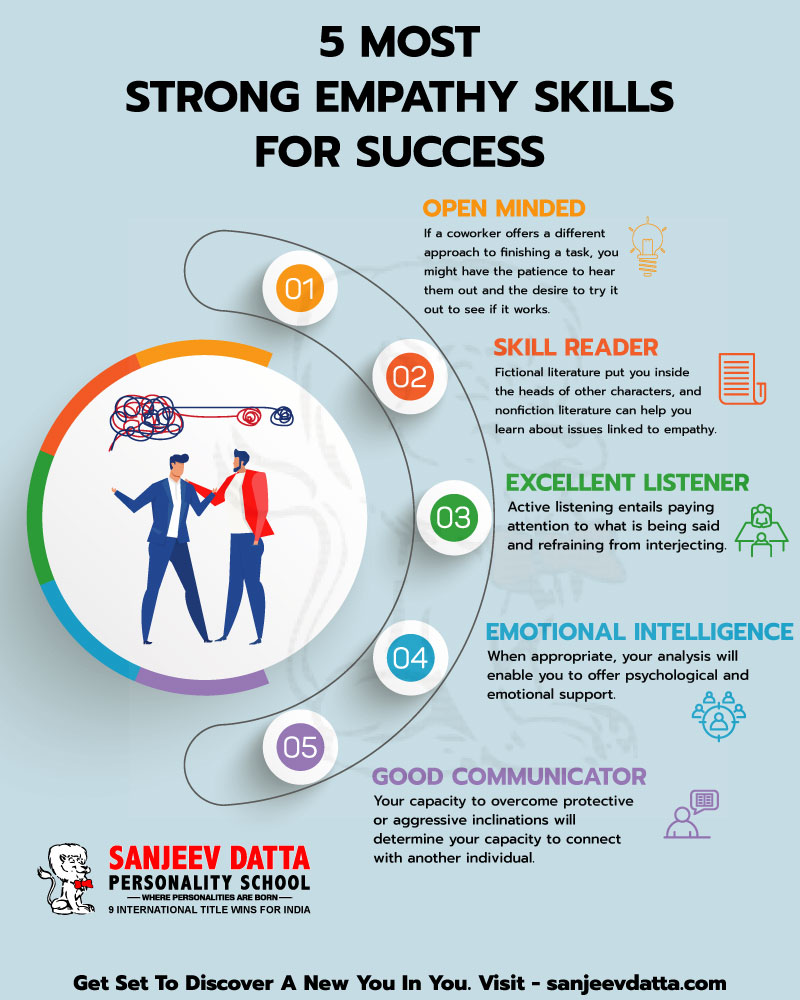In the scenery of today’s world economy, business, and government organizations can assume to have employees and customers from several cultural backgrounds and diverse cultural practices, requirements, and expectations. Accordingly, businesses globally are searching for modes to bolster relationships through cultural lines. In the end, it is the relationships that make a business successful, after all. They help nurture a feeling of fitting in, give us a purpose to affect change, and feel like we have something precious to offer to the world. And due to these purposes, we have cleared the question of 5 cultural competencies required for this generation.
What are 5 Cultural Competencies?
1. Adapt to the Cultural competence:

Cultural competence is the capability to recognize and effectively connect with people from various cultures of our own. It also defines being able to discuss cross-cultural differences to achieve practical goals. Multicultural competency demands the following:
a) A fundamental knowledge of your own culture and background.
b) An inclination to grasp the cultural customs and worldviews of others.
c) A positive point of view on cultural differences.
d) A readiness to take on and value these differences.
Visit: importance of social networking
- Awareness:
Most of us have blind spots or insensible biases when it comes to our values and ideas. That is the reason why it is important to study diversity-related ethics. We should bring consciousness to stereotyping and prejudices that can generate obstacles in the workplace.
- Attitude:
Ethics and beliefs convey the range to which we are unrestricted to differing views and thoughts. Even if we are part of an underserved cultural minority or not, the more intensely held our principles are, the more we are expected to reply emotionally when we face up against cultural differences.
- Knowledge:
The more we are well-versed in several cultures, the more we can be kind to others. Understanding how culture influences management methods, problem-solving, seeking help, and many more can aid us to connect better in cross-cultural interactions.
- Skills:
One person can have awareness, sufficient knowledge, and an ideal attitude about cultural differences, but these won’t work together without the skill to bring about differences successfully. We need to acquire and practice skills in cultural competence to prevent cross-cultural discrimination.

2. Value diversity:

Those who wish to acquire a career in Human Services with the help of personality grooming classes should make a constant effort to boost their cultural competence. Many who get into the field may feel they have a better hold on these concepts. But it is an ability that needs continuous development.
3. The dynamic differences:

Cultural competence boosts the acceptance and recognition of differences in looks, behavior, and culture. In this area, you will come across diverse clients from a wide range of backgrounds. Even students from diverse neighborhoods will tend to come in contact with new cultures as they enter the Human Services field. As we enhance our levels of cultural competence, we start to better appreciate our clients’ journeys.
Nationally and internationally, there are people with different racial or cultural backgrounds, — and we have to work together with one another in our everyday lives. That is the golden rule of our progressively diverse and wonderful world. As the nation is becoming increasingly diverse, we tend to expand our opportunities to construct stronger relationships with several people.
Deprived of cultural competence, it would not be possible to sustain these relationships. We would have to live together with social units we don’t understand, incapable to find the way with differing socioeconomic ranks and cultural obstacles, or practice respect, compassion, and thinking for the well-being of others. Cultural competence encourages acknowledging and accepting cultural beliefs in appearance, behavior, and culture. As we develop our stages of cultural competence, we begin to reveal improved DEI (diversity, equality, and inclusion) and outstanding gratitude for their journeys.
Visit: importance of proxemics in communication
4. Build in Cultural Humility:

It is not possible to be proficient in every demographic. Due to this, it is vital to accept that you are not an expert and rather be willing to ask questions. You cannot completely get knowledge of the cultures of everybody you come across — but a curiosity to ask questions and hear from others shows your respect. Cultural humility is accepting what you do not know and embracing chances to learn.
5. Self-Analysis to remain unbiased:

Awareness is about promising self-assessment and self-analysis. It comprises identifying the opportunity that we have to stay open-minded with different groups. It is significant to be attentive to our own insensible biases and keep in mind that we are peeking through the lens of our gender, color, economic status, religion, sexual orientation, etc. All of these points paint our opinion of our interactions. When we identify this, it assists us to be more kind-hearted in our communications with other cultural groups.

6. Education is necessary to accept cultural diversity:

An obligation to in-progress professional education by the personality development classes is at the heart of cultural understanding. There are many precious resources accessible that give you information on diversity and the hunt for cultural knowledge. These take in podcasts, books, news, and other means that deliver different viewpoints on race and inspire us to improve our cultural awareness via education.
Visit: why strategic perspective for leadership
Cultural background can consist of a person’s views, traditions, and behaviors from various parts of the world. Acquiring the answer to these 5 cultural competencies’ importance is an all-time process of growing self-awareness, fostering social skills and actions around diversity, and attaining the capability to support others. It goes further than tolerance, which infers that one is merely willing to neglect differences. Rather, it includes knowing and respecting diversity with our words and deeds in all circumstances.
Why Sanjeev Datta Personality School?
- Interview Training
- Leadership
- Presentation Training
- Social Boldness
- Dressing Etiquette
- Office Etiquette
- Communication Skills
- English Speaking
- Anger Management
- Time Management
- Team Building
- Performance Enhancer
- Soft Skills
- Goal Setting
- Career Counselling
- Student Subject Choice Counselling
- Listening Skills
- Video Presentation
- Meditation
For more details, contact us now!

